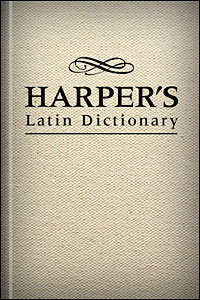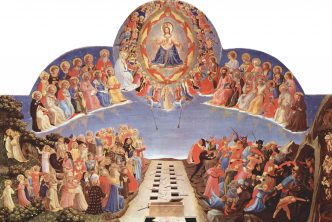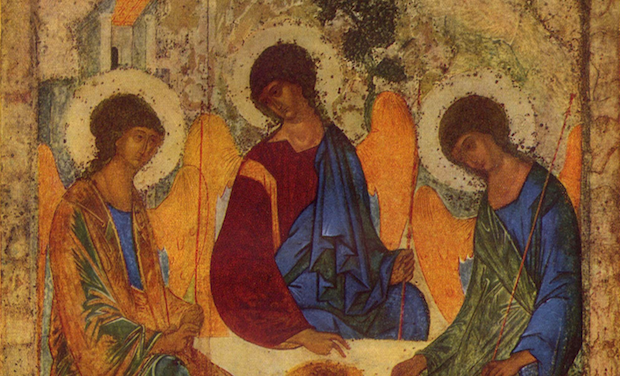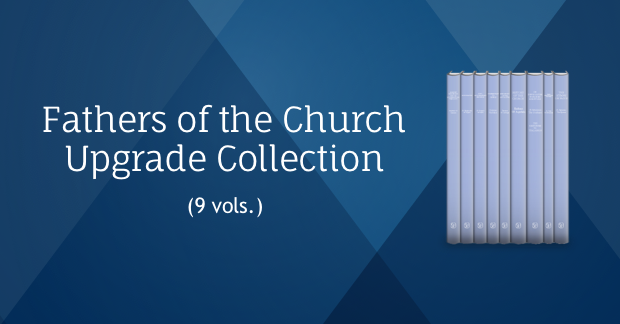The Latin language holds a central place in the Christian tradition. It was the official language of Christendom for over a millennium, and continues today to be the primary language in which the Church operates on an official level.
The authority on classical and early-modern Latin
The Lewis and Short Latin Dictionary is an essential resource for studying classical, medieval, Renaissance, and early-modern Latin texts. With over 2,000 pages of detailed lexical data, it’s hands-down the best single-volume Latin dictionary to have in Verbum.
Quickly and easily move from individual words in the Latin Perseus texts to their entries in Lewis and Short. Consult definitions, explore contextual usage, and grasp the nuances of Latin with confidence.
Understand scriptural context
Knowing Latin gives you the ability to understand the primary texts of the Roman era, which in turn help you better understand the context in which the New Testament and early Christianity emerged.
Take Pliny the Younger, for example. This high-ranking Roman official wrote letters that help us understand the inner workings of Roman imperial society—including the early imperial persecution of Christians. In a letter to Emperor Trajan (Letters, vol. 2, p. 405), Pliny asks how he should carry out the trials of suspected Christians. He describes his current method of interrogating them, and how their worship practices seem to be “nothing more than depraved and excessive superstition.” The earliest surviving Roman document to refer to early Christians, Pliny’s letter is of great historical importance for understanding the unfavorable conditions in which Christianity first spread.
A language of Christian tradition
 Better understanding Latin gives us key insights into the foundations of early Christian theology. The early apologetic works of Tertuallian and Minucius Felix, which laid the foundation for Latin Christianity, give us a glimpse of how early Latin Christians combated paganism. Augustine composed his Confessions in Latin; Thomas Aquinas‘ magisterial Summa Theological, also written in Latin, represents Christianity’s highest theological expression in the medieval era. You can’t fully engage these important theological works without some acquaintance with Latin. What better dictionary to have in your Verbum library than Lewis and Short?
Better understanding Latin gives us key insights into the foundations of early Christian theology. The early apologetic works of Tertuallian and Minucius Felix, which laid the foundation for Latin Christianity, give us a glimpse of how early Latin Christians combated paganism. Augustine composed his Confessions in Latin; Thomas Aquinas‘ magisterial Summa Theological, also written in Latin, represents Christianity’s highest theological expression in the medieval era. You can’t fully engage these important theological works without some acquaintance with Latin. What better dictionary to have in your Verbum library than Lewis and Short?
Bid now on Lewis and Short’s Latin Dictionary to help put this important resource into production. You’ll get it for 82% off, but you need to bid quickly—it won’t be on Community Pricing for much longer!




